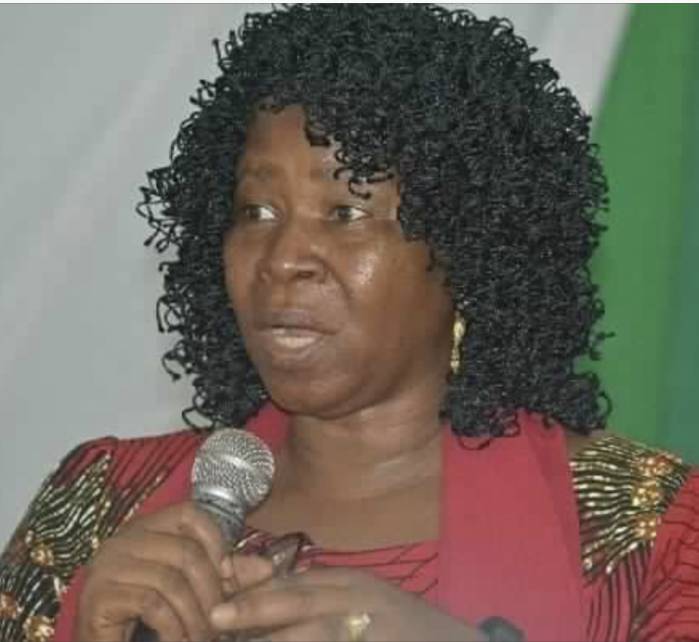The Minister of Information and National Orientation, Alhaji Mohammed Idris, has assured the Nigerian Guild of Editors (NGE) of cooperation in their quest to seek for harmonisation of conflicting and overlapping media laws.
Idris gave the assurance on Wednesday in Abuja when a delegation of NGE led by its Deputy President, Dr. Sabastine Abu, and General Secretary, Mr. Onuoha Ukeh, paid him a courtesy visit.
The News Agency of Nigeria (NAN) reports that during the visit, NGE presented a compilation of laws in the Criminal and Penal Code as well as Cybercrime Act that contradicts other laws in the 1999 Constitution as amended.
The report recommends the harmonisation of conflicting and overlapping laws that relate to media practice in the country.
According to the Minister, both the government and media are for the good and benefit of the people.
“I don’t think one should negate the other. What you are doing today is encouraging; instead of putting these on the pages of newspapers, you are here and bringing your inputs.
“I will engage with the Attorney General of the Federation and other stakeholders. Also, you could engage the National Assembly too.
“I will work with the report, set up a committee and other stakeholders to work on this, so that we can do a good job.”
He encouraged the Guild to always stand on the part of truth and condemn any wrong doings by any of its members.
The Minister explained that the National Assembly is currently working on the National Broadcasting Commission Act and the Cybercrime Act, adding that a call for submissions had been made.
“We are all in this together. We should also understand that we must have a country before having the Nigerian media, meaning, it is the country first.
Speaking earlier, Ukeh said the Guild was at the Ministry to present its media law reports to the Minister.
He said he did that because of the concern about some laws regarding media practice and press freedom in Nigeria.
Ukeh stressed the need to review some of the laws, particularly the ones made during colonial and military era that are now outdated and contrary to the constitution.
Meanwhile, the Chairman of the NGE’s Media Law Committee, Mr Richard Akinnola said that a number of countries have gone beyond what Nigeria has today as media laws.
“Take for example the issue of sedition law of Section 50 (1) and Section 51 (1 and 2) of the Criminal Code, they have been nullified by the Court of Appeal in 1982. We believe that the sections should be formally repeal from our books.
“We have the Criminal Defamation Law which has been abused severally. It is contained in Section 373 of the Criminal Code.
“We recommend that the criminal defamation law should be expunged from our law just like Ghana, Liberia and Sierra Leone did.
“We also have some laws that are overlapping in our Penal and Criminal Code which should be harmonised. We believe that freedom of expression comes with responsibility. Every freedom has it own limitations, ” Akinnola said.
He noted that section 24 of the Cybercrime law has been abused over time, adding that the Cybercrime law is a good one, but that section ‘b’ of the law which talks about Cyber bullying is vague.
“All these arrests of cyber bullying are illegal. Any person that feel aggrieved by a malicious publication should take recourse to section 59 of the Criminal Code.
“We made a lot of recommendations in the reports which we believe will enhance media practice in the country.
“We also have a plan to engage the Attorney General of the Federation and the National Assembly, ” Akinnola said. (NAN)











